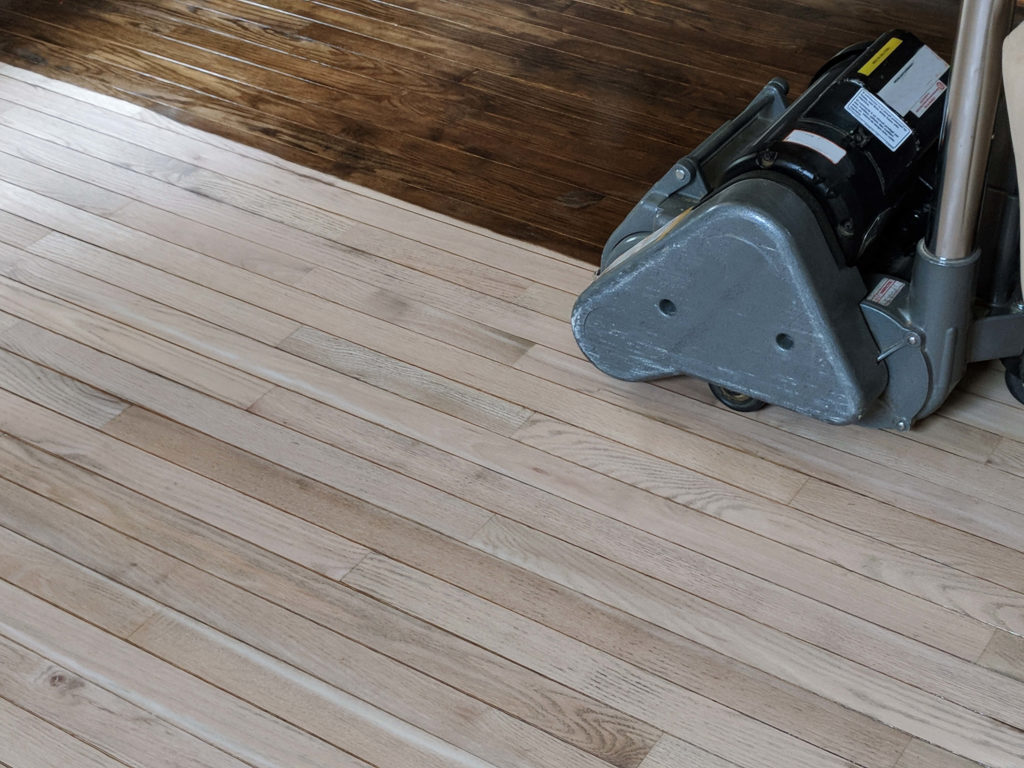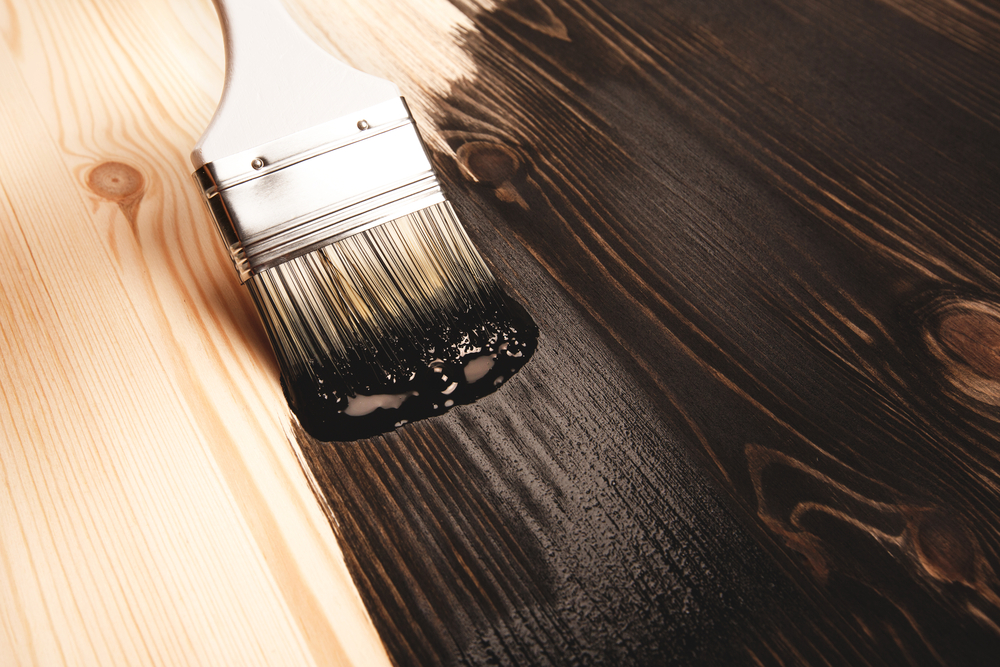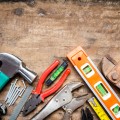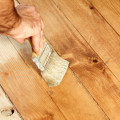Should You Ever Refinish Hardwood Floors Yourself?
Hardwood floors are exceptionally beautiful, and they’re extremely durable for any room of the home. When it comes to maintaining hardwood floors, the process can be a bit labor-intensive. Some homeowners consider refinishing the floors to give them a new look or to update the color. If you’ve been thinking of refinishing your hardwood floors yourself, this refinish hardwood floors DIY project comes with quite a bit of patience and effort. Before you dedicate yourself to doing the project on your own, read on to learn more about the refinishing process.
Factors to Consider
Before you can even begin to perform a refinish hardwood floors DIY, you’ll need to rent a floor sander machine. These machines are extremely heavy and they can weigh up to 100 pounds or more. If you’re not extremely strong, the sander can move in all kinds of directions, making the sanding process uneven and extremely frustrating. Unless you have experience using a floor sander, it’s not necessarily a good idea. The floor might look great after you sand it, but once you apply the finish, you’ll probably notice all the flaws start to show through.
Sanding hardwood floors takes a lot of time and energy. You’ll need a combination of a steady hand, strength, and patience if you want things to go smoothly. Before you even consider refinishing your floors, you need to be absolutely sure that they are in fact real hardwood. If they’re laminate or engineered hardwood, you can cause irreparable damage to them, resulting in complete removal and re-installation.
After you’re finally sanded your floors, you’ll need to prepare for the new finish. Stay away from oil-based stains and finishes since they require an extremely steady hand with a paintbrush and can take a very long time to apply. If you have uneven brushstrokes, you’ll end up with multiple shades of brown which will look awful once everything is dry. Oil-based products should be handled with care, too, since they’re highly combustible and could cause a fire. In addition, you’ll likely need to apply at least two, maybe even three coats of finish no matter which kind you choose.
When it comes down to it, you will need to rent a variety of tools to completely refinish your hardwood floors yourself. At the end of the day, you might not even save that much money. And, if you end up having to correct several mistakes, it could cost you even more. If you’re still set on refinishing the floors yourself, don’t cheap out on supplies. Consider asking for a demo if you rent a floor sander so you have a better idea of how to use it correctly before you begin.
Using a Professional
Since you run the risk of permanently damaging your hardwood floors if you try to refinish them yourself, it’s a good idea to consider hiring a professional instead. The pros have been doing this a long time, and they can get the job done quickly and make your floors look beautiful again. In the end, the cost is likely the same as if you were to do everything yourself. In some cases, it may even be cheaper. Here are a few perks of using a professional to refinish your hardwood floors instead of doing it DIY:
- Professional sanders and refinishers can do an entire room or even an entire home in a fraction of the time it would take you to do it yourself. This not only lowers your stress level, but you can get back to your daily routine at home much more quickly.
- The pros have the background, skills, and knowledge to get things done right the first time. And if they don’t, you should have a warranty on the work so they can return to make any corrections or repairs.
- A professional flooring refinishing company uses high-end equipment and tools. Instead of a rented floor sander, they have equipment that they own and maintain themselves which means it’s much more reliable.
- Refinishing hardwood flooring can be messy. With a professional company, they’ll clean up the mess and they also know how to do the work to keep mess to a minimum from the start.
An Alternative to Sanding: Recoating
Sanding your hardwood floors is the most frustrating and laborious part of the process. Thankfully, you might be able to recoat your floors instead. If you only have shallow or very minimal damage to the floor that has not reached the wood, recoating can be a great alternative. Recoating involves adding a new coat of polyurethane directly over the old finish. This process will make your floors look shiny and new as well as keep them protected.
Before you proceed with floor recoating, you’ll need to clean the floors thoroughly and touch up any deep scratches wherever possible. Then, you’ll need to roughen the finish using sanding screens to help the new coat adhere. This part of the process is a bit time-consuming, but the second step of applying the new coat can take around an hour or even less. You don’t need to have a lot of skill or experience to try recoating. It’s also a lot less messy than sanding the floors down to the bare wood. Sanding can also remove the top layer of your hardwood floors, which can become an issue if you do it several times.
You can try recoating anything from solid hardwood to laminated wood and parquet floors. Just make sure that the new coat of polyurethane sticks to the finish before you begin the process. Try a test area to check this before you start. Older floors may have a coat of varnish or shellac, and polyurethane will not adhere to this material. Some floors have a wax coating which can cause a thick buildup on your floors. Make sure the current finish will allow the recoating material to apply properly.
Now that you know more about attempting a refinish hardwood floors DIY project, you can be better prepared for the process. Consider hiring a professional who will make sure that your floors look as good as new.







